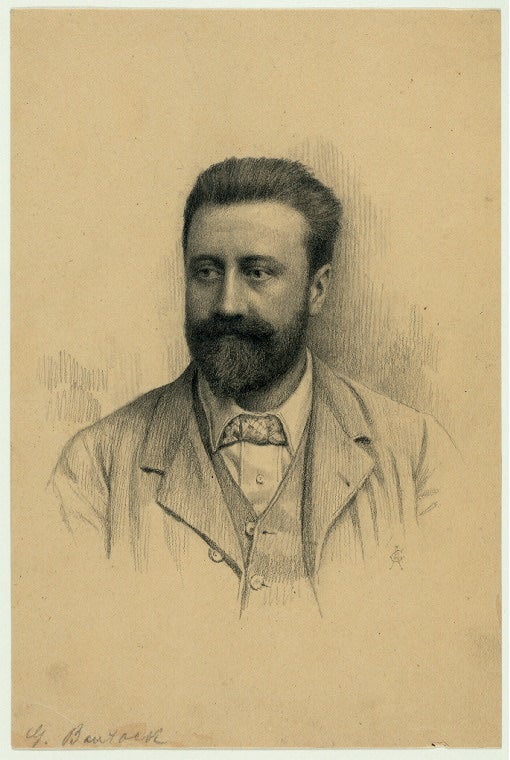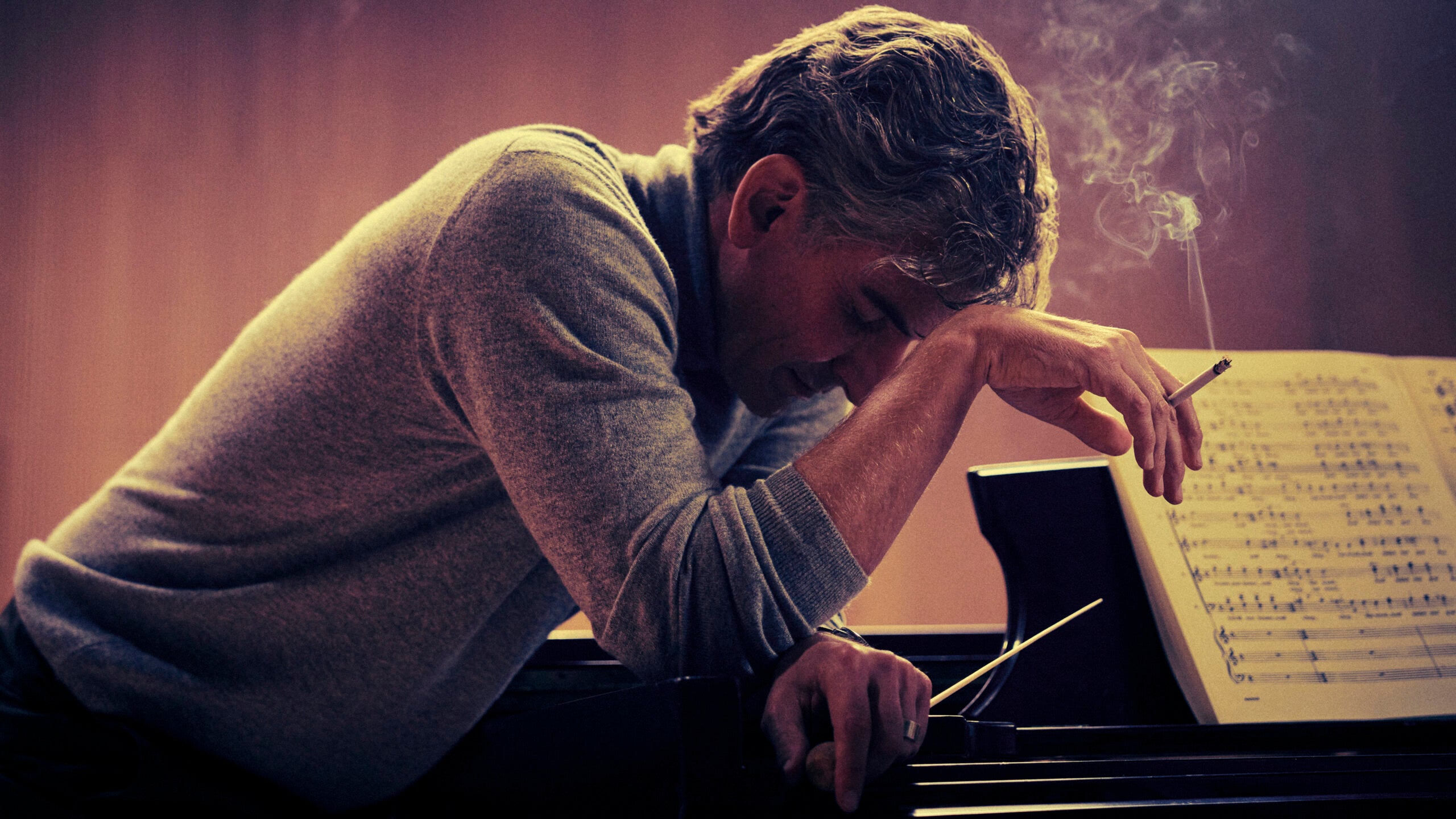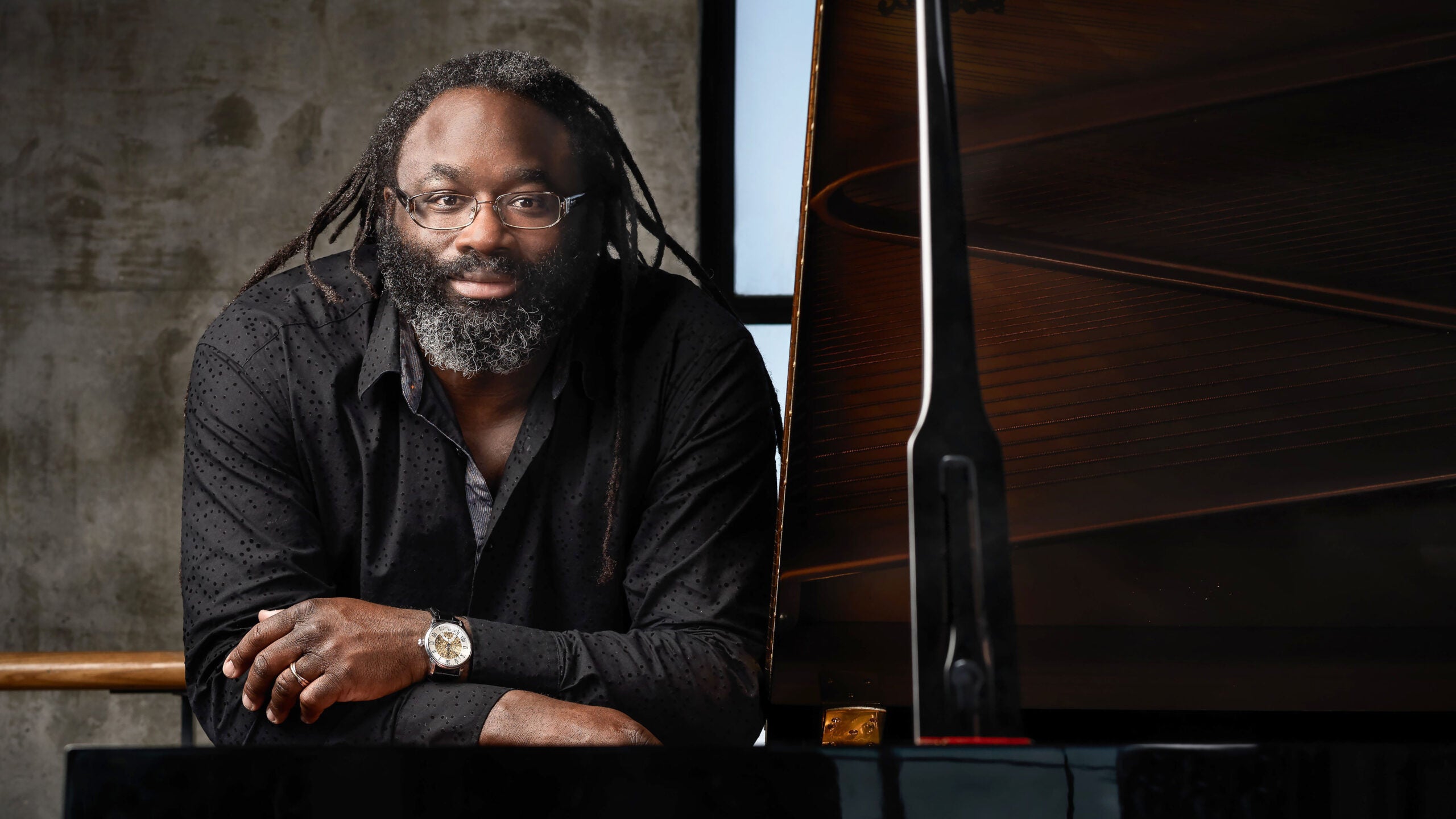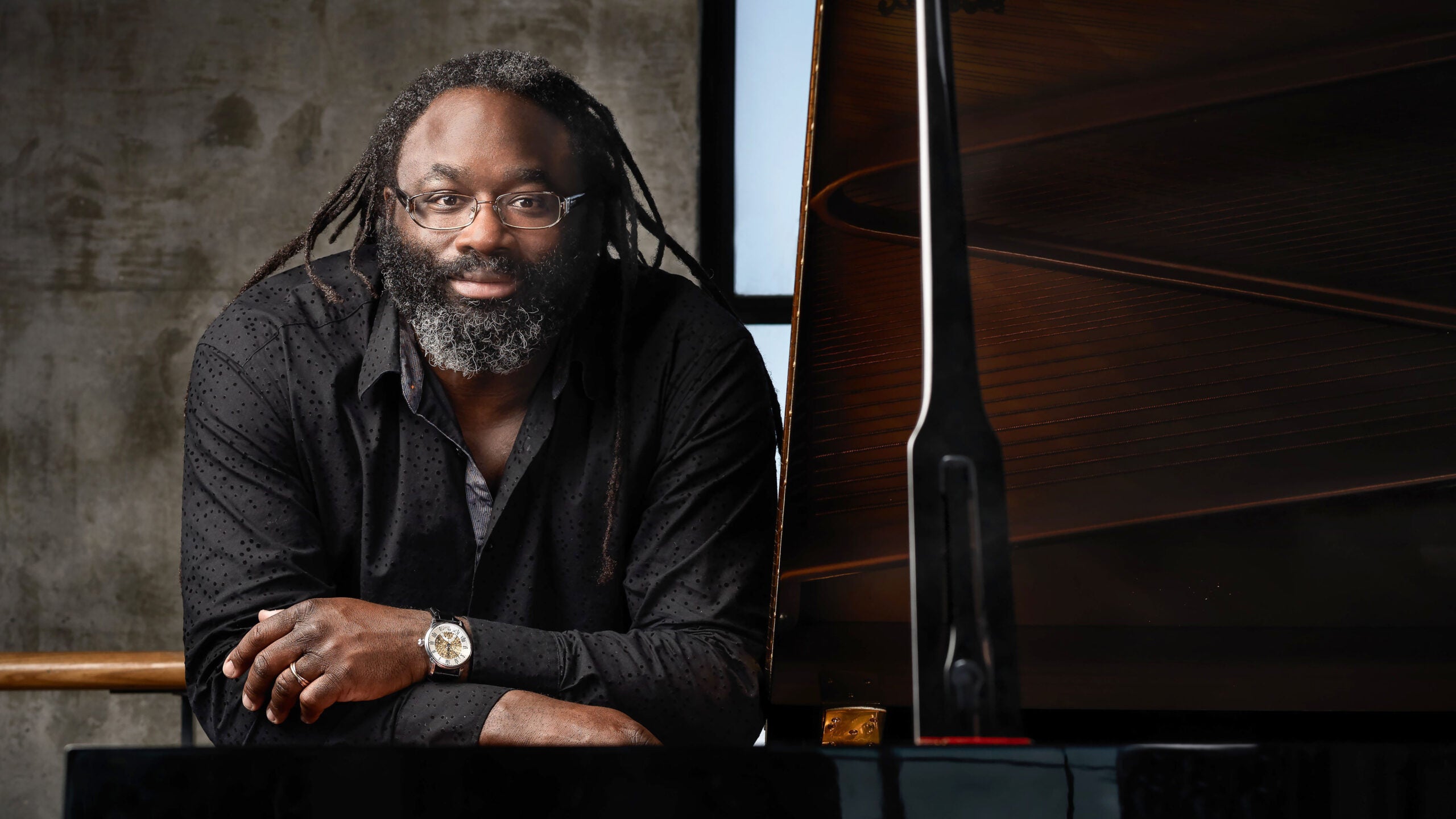By the early twentieth century, Granville Bantock had became one of England’s most respected composers, but at the end of the nineteenth century, he was the Musical Director of the New Brighton Tower, a job that required him to conduct an open-air band and a ballroom orchestra. He had no intention of devoting his career to light music, and yet he wasn’t in a position to buck the authority of the directors, and so he devised a subtle strategy to improve the repertory.
Bantock’s first move was to become friends with the orchestra members, which he did by throwing parties that went well into the night. He was quick to convince the management that he could conduct the frothy kind of music they wanted, and, once he had gained their confidence, he suggested that putting on a slightly different kind of concert would upgrade the music at New Brighton Tower. With the help of a sympathetic director, Bantock slowly added string players and other instrumentalists until he had a full orchestra.
Before they knew it, couples at afternoon events at the ballroom were dancing to waltzes by Tchaikovsky, Beethoven, Dvořák, Liszt, and Brahms. For one concert Bantock had the outdoor band playing his arrangements of excerpts from Wagner’s Parsifal. Once he pushed things even further by having the orchestra practice the Prelude to Wagner’s Tristan and Isolde when they were supposed to be rehearsing for a pops concert.
Stay informed on the latest news
Sign up for WPR’s email newsletter.
Within a year Bantock had a Sunday afternoon concert series underway, with works by major composers on the programs, and before long music lovers from nearby Liverpool were taking the ferry across the Mersey River to attend. All of which encouraged Bantock to take an even bolder step–inaugurating a concert series in which prominent composers of the day would come and conduct their own works., among them Jean Sibelius and Edward Elgar. And soon the New Brighton Tower Orchestra became famous as a major force for performing first-rate classical music.
Wisconsin Public Radio, © Copyright 2024, Board of Regents of the University of Wisconsin System and Wisconsin Educational Communications Board.






